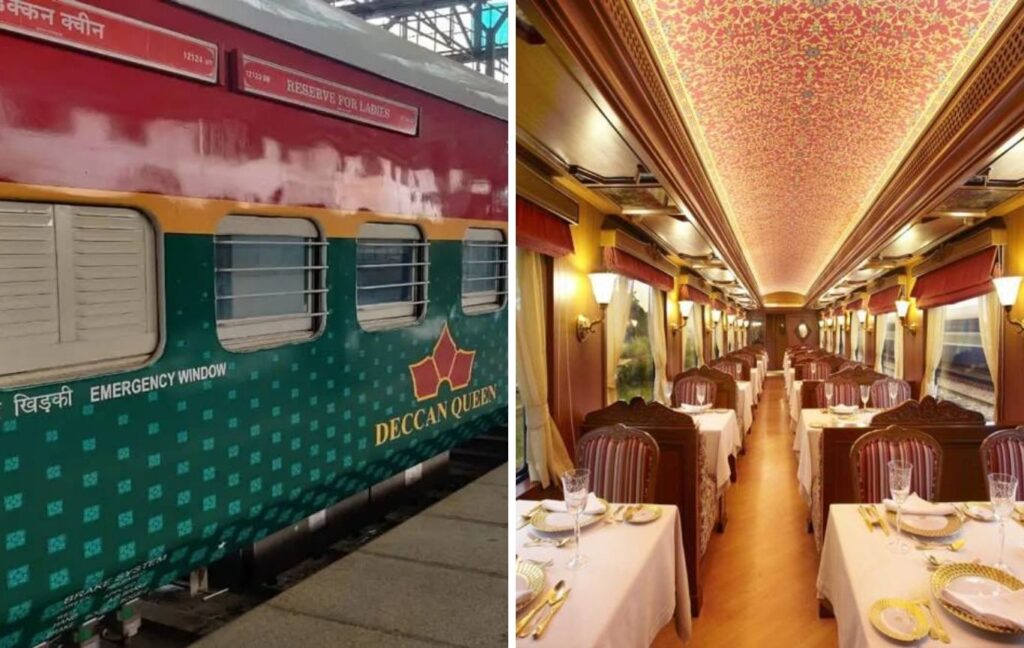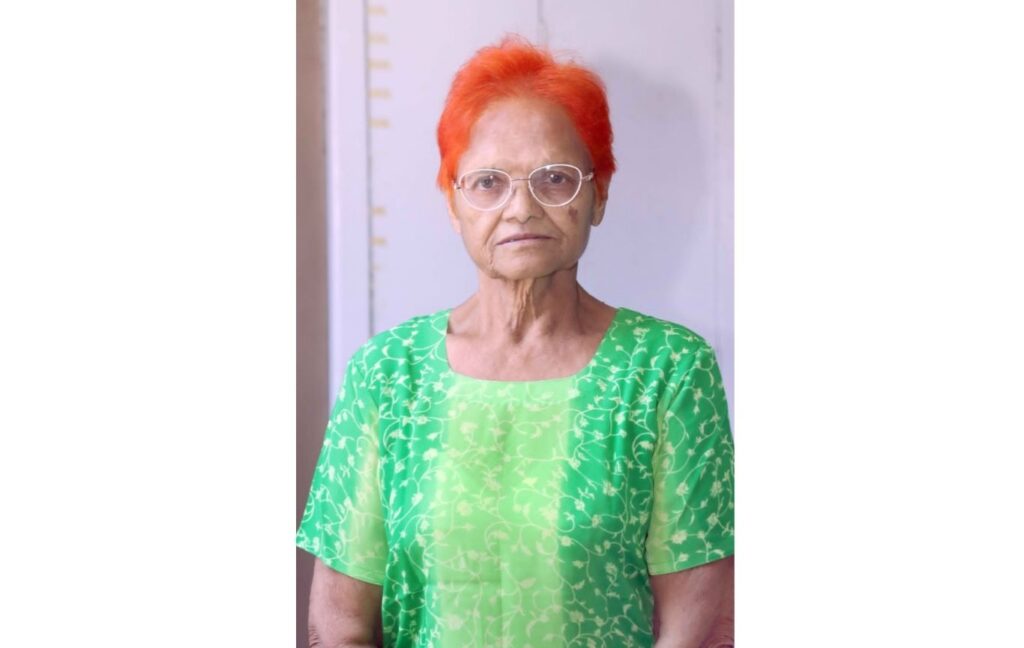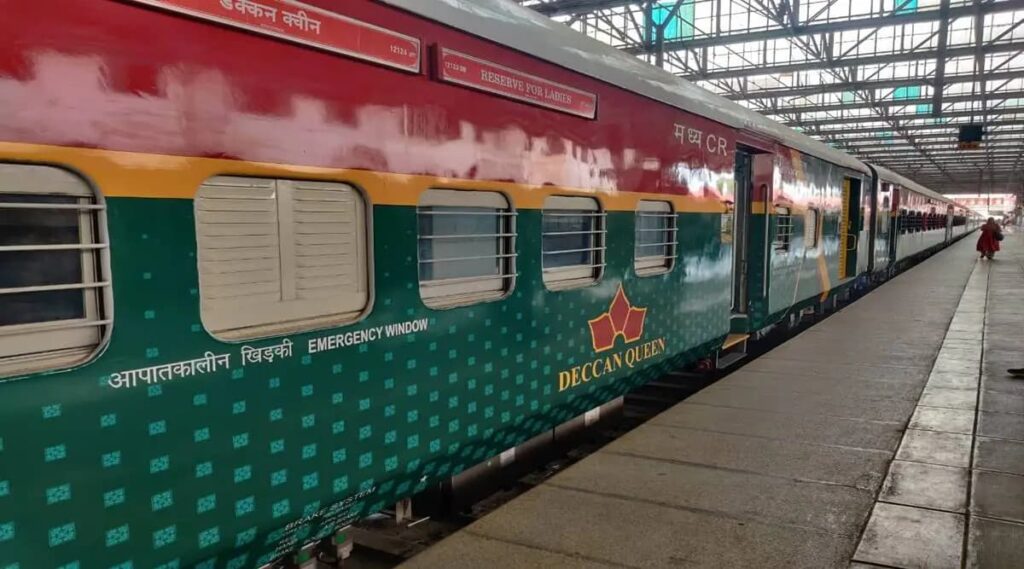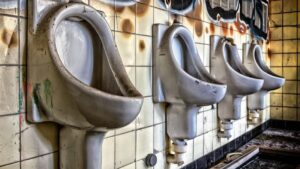Deccan Queen: The Legendary Train That Continues to Bridge Mumbai and Pune with Heritage, Comfort, and Pride

Deccan Queen: The Legendary Train That Continues to Bridge Mumbai and Pune with Heritage, Comfort, and Pride
The history of the Deccan Queen railway stands as a golden chapter in the legacy of Indian Railways. More than just a mode of transportation, this iconic train has served as an emotional and cultural link between Mumbai and Pune for generations. Pune Railway Pravasi Sangh President Harsha Shah recalls the glorious journey of the Deccan Queen
Inception and Naming:
Popularly known as the ‘Deccan Queen’ or the ‘Queen of the Deccan’, the train was introduced by the Great Indian Peninsular Railway (GIPR) on 1 June 1930. In its early days, it was also referred to as the ‘Blue Bird Baby’. It earned its regal title because it represents Pune, widely acknowledged as the cultural capital of Maharashtra.

First Deluxe Train:
The Deccan Queen holds the distinction of being the first deluxe train in Indian Railways. At its inception, it offered modern amenities and a comfortable travel experience, unmatched for that time. Its coaches were manufactured in England and later assembled at the Matunga workshop in Mumbai.
Route and Stops:
Originally, the Deccan Queen operated between Kalyan and Pune. While it no longer stops at Kalyan, it currently runs between Chhatrapati Shivaji Maharaj Terminus (CSMT) in Mumbai and Pune Junction. Stops like Dadar (Mumbai) and Shivajinagar (Pune) were introduced later. Today, the train runs daily and serves as a reliable mode of transport for thousands of passengers.
Features and Changes:

Engine:
When it commenced operations in 1930, the Deccan Queen ran with a WCP 1/2 DC type engine. Over time, this evolved to WCM 1/2/4/5 engines and now runs on WCAM 2/3 types. On rare occasions, the WAP7 engine is also used.
Coaches and Seating Arrangement:
Initially offering only first and second-class facilities, a major shift came on 1 January 1949 when first class was abolished and second class was restructured as the new first class. In June 1955, third class was introduced, later re-designated as second class in April 1974.
Comfortable Travel:
In 1966, the original rake coaches were replaced with integral coaches featuring anti-telescopic steel bodies, produced at the Integral Coach Factory in Perambur. These new coaches offered better bogie design and enhanced interior comfort for travelers.
Increase in Capacity:
From an initial formation of 7 coaches, the Deccan Queen gradually expanded to 12 and now operates with 17 coaches, catering to the growing number of passengers.
Modern Facilities:
The Deccan Queen was a pioneer in introducing roller bearing coaches in India. It also transitioned from end-on generation coaches to self-generating coaches with a 110-volt system. Additionally, chaircars were introduced in both first and second classes.
Colour Scheme:
Originally painted in cream and Oxford blue with red window-level stripes, the train has recently adopted a new look with peacock-themed coaches, adding a vibrant aesthetic to its historic frame.
Dining Car:
This was the first train in India to offer a dedicated dining car, giving passengers a hotel-like dining experience. In 1995, the dining coach was upgraded with modern pantry equipment including a microwave oven, deep freezer, and toaster. The dining area accommodates 32 passengers with cushioned chairs and carpeted floors.
LHB and Vistadome Coaches:
In recent years, LHB coaches—known for greater safety and comfort—have been added. Since 15 August 2021, Vistadome coaches have also been introduced, allowing passengers to enjoy the stunning views along the Western Ghats.
Special Significance:
The Deccan Queen is more than a train—it’s an institution. With a legacy of punctuality and reliability, it has built a strong emotional bond with multiple generations. Remarkably, it is the only train in the world whose birthday is celebrated annually, reflecting its cultural significance and public affection. The Deccan Queen has played a vital role in the growth of both Pune and Mumbai, being a daily lifeline for thousands of commuters.












